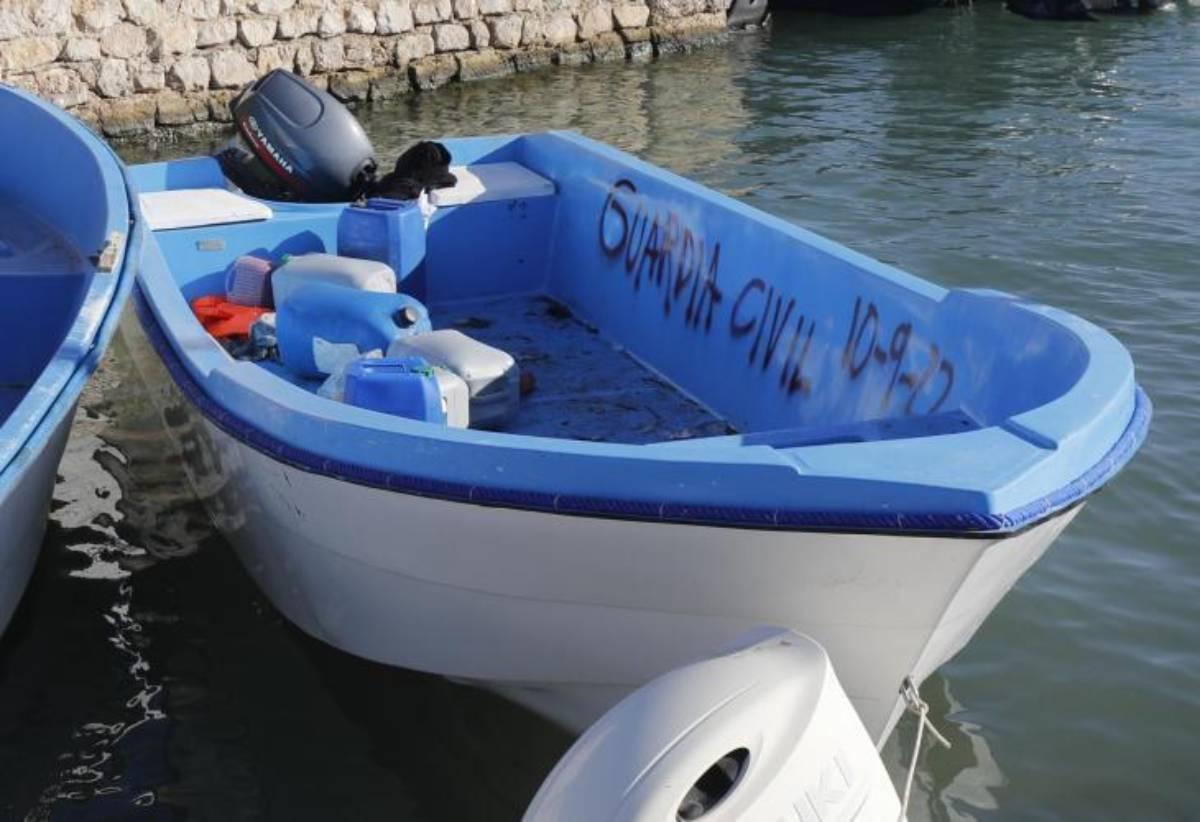By Humphrey Carter
Copyright majorcadailybulletin

Today, Tuesday, the Council of Ministers approved the declaration of a migration emergency in the Balearics in response to the increase in migrants arriving on these shores throughout 2025 and the need to strengthen humanitarian assistance for these people. This declaration includes an investment of €6.75 million, according to the Ministry of Inclusion, Social Security and Migration, and will remain in force until 31 December 2025.
Among the actions it includes are the provision of the necessary spaces to guarantee adequate accommodation and care, translation and interpretation services, medical care for people attending emergency facilities, and attention to basic needs such as food, health and safety. Inclusion assures that, in view of the new situation, the Secretary of State for Migration issued a resolution last August, in which it was considered a priority that the programme should cover these needs as quickly as possible.
It points out that following the trend observed last year and the geopolitical situation in the Western Mediterranean, the Ministry of Migration launched, as of the first quarter of 2025, a daily and detailed monitoring of migrants entering the region via its coasts, with the aim of anticipating possible difficulties in absorbing mass arrivals.
Under this premise and within the declaration of a migration emergency, the Ministry of Inclusion, Social Security and Migration assures that, since the SEM’s August resolution, it has been developing the first actions associated with an infrastructure plan that includes the implementation of temporary emergency reception facilities, reinforcement of personnel and provision of services and supplies on the Balearic coast.
Among the reception infrastructure plans are two modular facilities for the temporary reception of migrants in transit at the ports of Ibiza and Formentera, which are due to open ‘imminently’. These two spaces will soon be joined by a third, planned for the port of Palma. These facilities, equipped with security, hygiene and air conditioning services, also include specific spaces for the accommodation of women and minors.
Inclusion points out that the Humanitarian Assistance Programme is aimed at meeting the basic needs of immigrants in vulnerable situations due to physical deterioration and lack of social, family and financial support, who arrive on the Spanish coast or enter through the cities of Ceuta and Melilla. It is, therefore, an emergency programme whose ultimate goal is to guarantee the fundamental rights and ensure respect for the dignity of these people.



